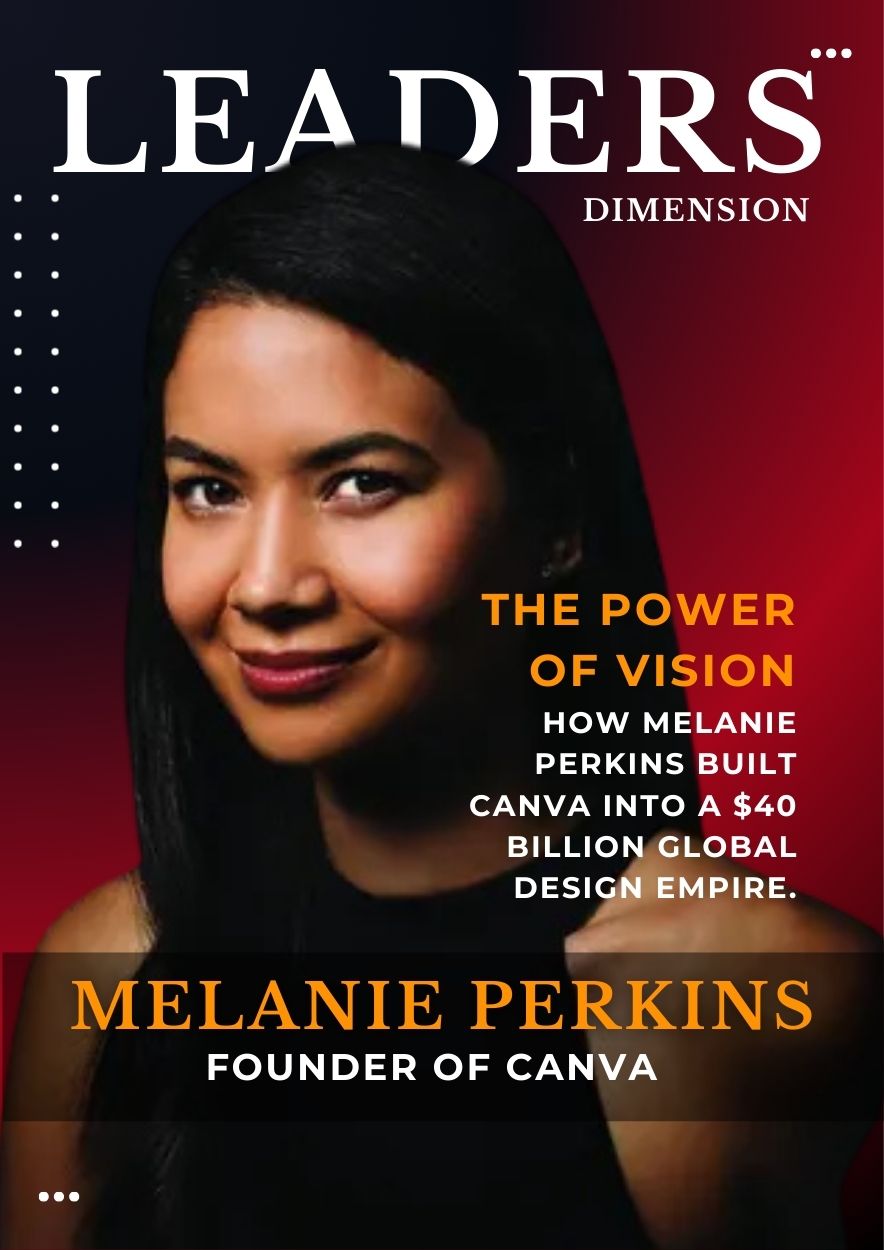From Software to Survival: Bill Gates’ $200 Billion Legacy Play
When Bill Gates turns 70 this October, he won’t just be reflecting on his legacy. Instead, the man who helped bring software to the masses and later redefined philanthropy is doubling down on his most audacious project yet: saving millions more lives.

In a landmark announcement, Gates revealed that he will donate “virtually all my wealth”—roughly $100 billion—to the Bill & Melinda Gates Foundation. With its existing endowment, that gives the foundation nearly $200 billion to deploy over the next 20 years. And then, Gates says, the foundation will shut its doors.
This is not just another act of billionaire benevolence. It’s the largest philanthropic commitment in modern history—and it comes with a ticking clock. Unlike Rockefeller or Carnegie’s institutions, which continue in perpetuity, Gates insists on spending down the fortune now. The reason: speed. “By spending the money sooner than later, it allows us to be very ambitious,” he told Fortune.
That ambition is world-changing. The foundation plans to eradicate up to five major diseases, including polio and malaria, and slash deaths from tuberculosis and AIDS. If successful, Gates’ legacy won’t be just building Microsoft—it will be rewriting global health history.
A Venture Capitalist for Humanity
Since its inception in 2000, the Gates Foundation has operated more like a startup for humanity than a traditional charity. It recruits the brightest scientists, negotiates with pharma companies, partners with governments, and deploys data-driven strategies at scale. The results have been staggering:
$100B disbursed in its first 25 years.
1.1 billion children vaccinated through Gavi, a Gates-backed initiative.
Global under-5 mortality reduced from 10 million in 2000 to under 5 million in 2023.
Now, with Gates’ additional billions, the foundation’s annual giving will rise to nearly $10 billion a year—exceeding the foreign aid budgets of many wealthy nations.
Warren Buffett, the foundation’s second-largest donor, calls it “an excellent decision.” In Buffett’s words, Gates “truly walks the walk,” tackling unglamorous problems with relentless focus.
The Gates Approach—and Its Critics
The foundation’s model has changed how the world thinks about aid. Gates blends Silicon Valley’s ROI-driven mindset with boots-on-the-ground pragmatism, prioritizing vaccines, agriculture, women’s empowerment, and financial inclusion.
But critics argue the approach risks concentrating too much power in one man’s vision. Some African groups push back on genetically modified crops promoted by the foundation. Others fear philanthropy of this scale undermines trust in public institutions.
Gates acknowledges criticism is valuable—at least when it’s about execution. “I would love to have 10 times as many malaria critics and malnutrition critics,” he says. But to those who dismiss the very idea of large-scale philanthropy, he has little patience: “Not many people would say, ‘No, I wish he was buying a yacht. The world would be so much better off.’”
The World’s Most Exclusive Club
Gates isn’t just giving his fortune away—he’s recruiting others. Alongside Melinda French Gates and Warren Buffett, he co-founded the Giving Pledge, persuading more than 240 billionaires to commit at least half their wealth to philanthropy.
But Gates is also pragmatic. He knows the Gates Foundation cannot single-handedly achieve its lofty goals. Success depends on continued foreign aid commitments from wealthy nations—funding that is under threat as countries like the U.K. and France cut back. “Unless the rich countries stay generous,” Gates warns, “the progress is going to stop—and may even go into reverse.”
The Final 20-Year Sprint
By declaring an end date of 2045, Gates is forcing urgency. Like a CEO setting a hard deadline for a moonshot project, he’s telling his team: move fast, solve the hardest problems, and measure success not in perpetuity but in results.
If he succeeds, his second act could eclipse his first. Smallpox is the only human disease ever eradicated. Gates believes that in two decades, the list could grow by four or five.
That would mean a world where children are no longer crippled by polio, families no longer fear malaria, and millions of lives once lost to preventable diseases are saved each year.
For Gates, this isn’t charity—it’s an investment in humanity’s future. And he hopes others will outdo him. “Other people could later beat it. I hope they do.”
At 70, the boy wonder of software is betting that his boldest innovation is still ahead—not in technology, but in proving that philanthropy, done with urgency and scale, can change the course of human history.

